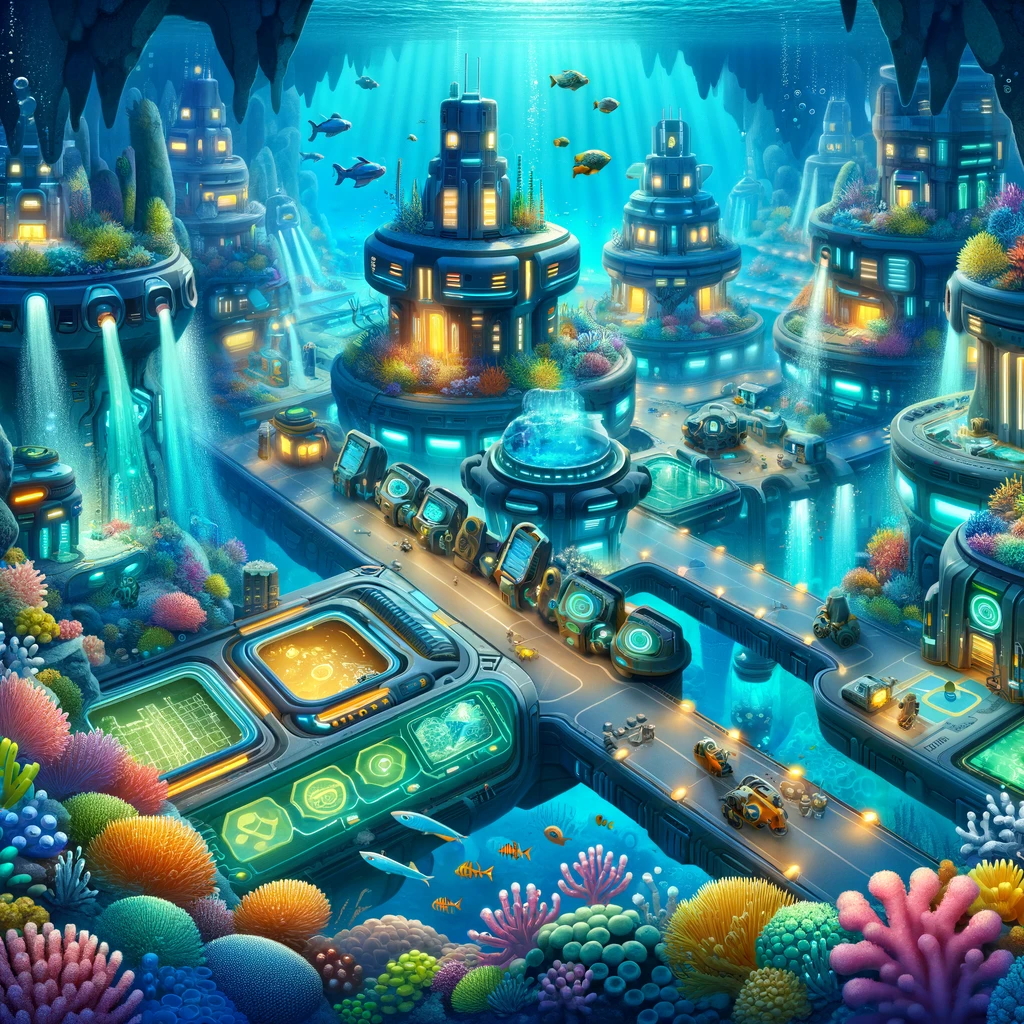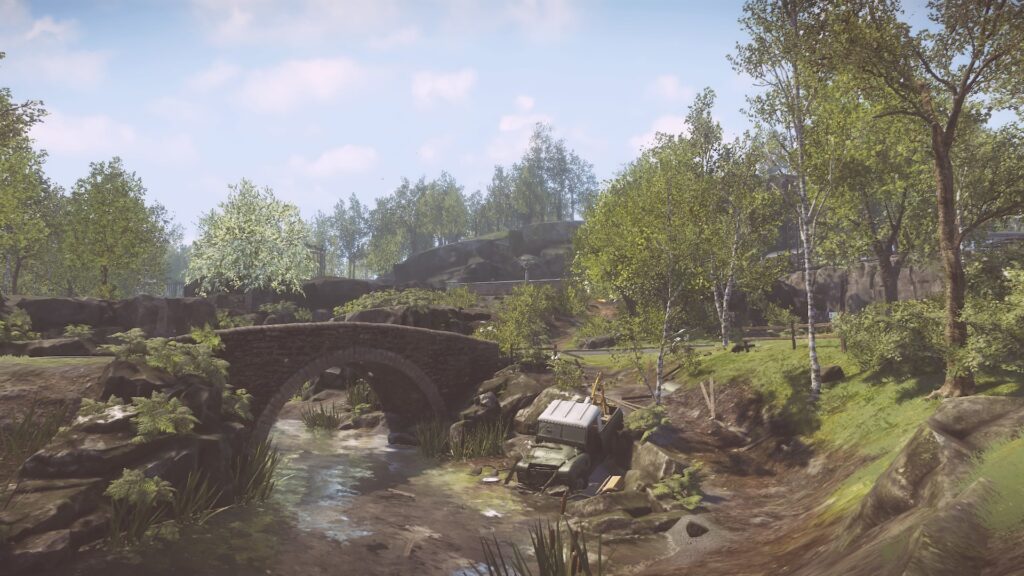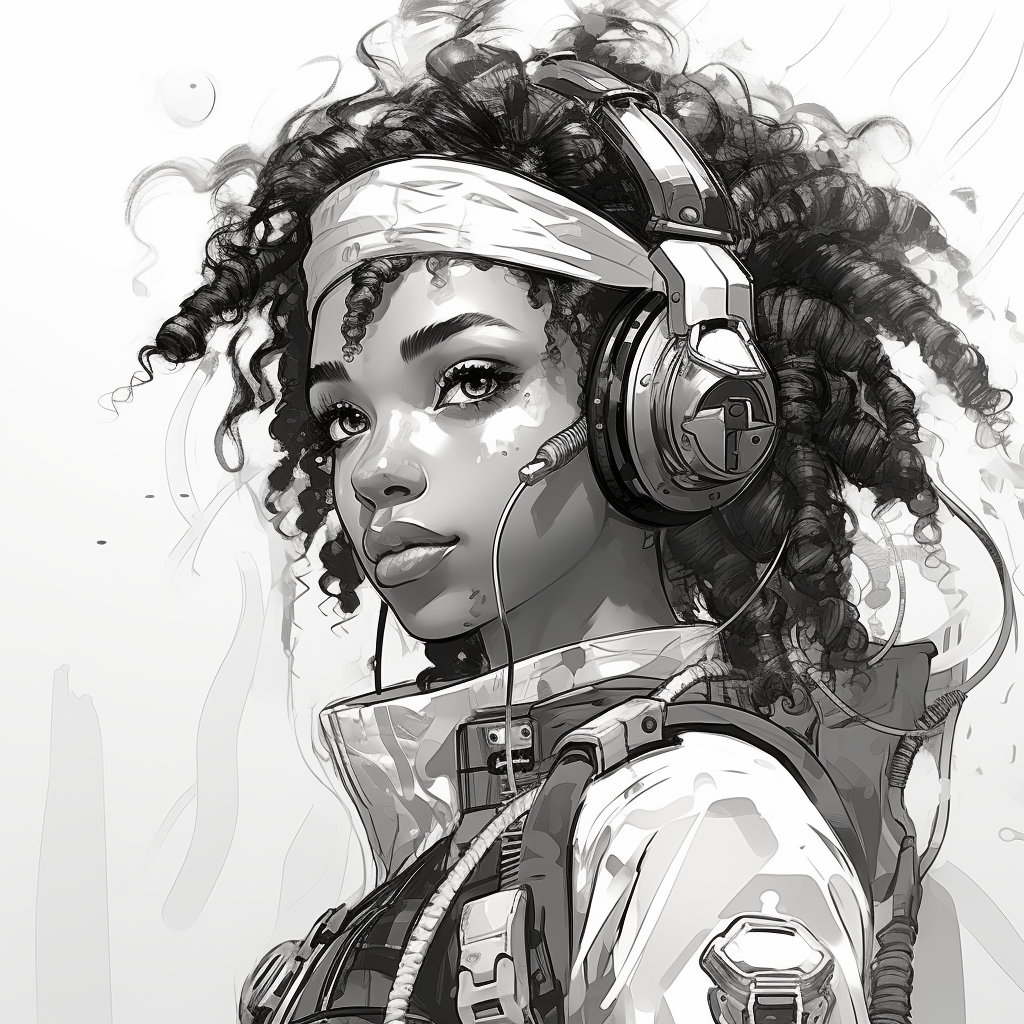In a recent Screen and Film School webinar on the subject of game design, industry expert Nick Rodriquez shared his wealth of knowledge on the industry, revealing career secrets, practical insights, and advice for aspiring game designers.
With a career spanning over 25 years and a personal portfolio of helping to build 30 well-known games, Nick’s experiences can provide valuable lessons for anyone considering this creative path and below is a summary of some of the key points he raised during the webinar.
Read the rest of the series:
Designing Effective Levels in Video Games
Generating Ideas in Video Game Design
The Art of World-Building in Game Design
Essential Games for Aspiring Video Game Students
Engaging with students on the webinar
Nick kicked things off by emphasising the importance of interactivity and asked for audience engagement by raising questions about their latest gaming experiences and challenges. He probed about games they didn’t finish and the reasons why, ranging from challenging mechanics to a lack of interest in the storyline.
What it takes to become a game designer
A pivotal question posed during the webinar was: at what stage in their development can someone consider themselves a game designer. Nick reassured the video game enthusiasts by saying that permission isn’t required; a game designer is someone actively engaged in the process of creating games, regardless of their experience level.
The discussion then broadened out, allowing Nick to outline some of those industry insider secrets and top insights:
Four problems that can arise in game design and how to overcome them:
1. Permission:
Breaking through the mental barrier and just starting is key. Don’t wait for someone to grant permission.
2. Skills:
Develop skills in mechanics, storytelling, prototyping, and iteration.
3. Attitude:
Cultivate resilience, creativity, and willingness to learn.
4. Costs:
Understand the investment required, whether that is time, money, or resources.

Four guiding principles for designers according to Nick
1. The mechanic is the message
Game mechanics shape the player’s identity in the game world. The mechanics should reinforce the player’s role and deliver a message, creating a unified experience that transcends the story.
2. You are a designer
Embrace a designer mindset. Focus on design thinking, creativity, and prototyping. Every game starts as a bad idea and improves through iteration.
3. Worldbuilding and lore
While worldbuilding is exciting, avoid overwhelming the player with excessive background details. Focus on building a world that supports mechanics and invites players to create their own stories.
4. Consume, consume, consume
Draw inspiration from everything. Read, watch, and play widely to broaden your creative horizons. Look for mechanics, narrative styles, and visual elements that might enhance your game design.
Game portfolios and tools
Portfolios
Showcase your creativity through prototypes, sketches, and completed projects. Even simple paper prototypes are valuable.
Tools
Learn game engines like Unity or Unreal Engine and coding languages like C#. Explore open-source engines like Godot for a flexible starting point.

‘Everybody’s Gone To The Rapture’ Credit: Jacob Rottmann – Flickr
Recommended games and resources
Nick suggested exploring various games for inspiration and broadening your design perspective. Here are some of his top picks:
Everyone’s Gone to the Rapture: A game about memory and atmosphere.
Control: A story-rich game with unique mechanics.
Cult of the Lamb: An indie game with distinctive gameplay and aesthetics.
Final takeaway tips from Nick
- Embrace creative challenges and iterate on your designs.
- Build a diverse skill set, ranging from coding to storytelling.
- Join a community of designers, share your work, and seek feedback.
- Remain curious and open-minded to develop innovative ideas.
Nick concluded by reminding viewers on the webinar that the journey to becoming a successful game designer is unique for everyone. “Focus on developing your skills, and don’t be afraid to start designing games today.” Wise words from a video games guru!
ARE YOU INTERESTED IN BECOMING A GAME DESIGNER, ARTIST OR DEVELOPER AT SCREEN AND FILM SCHOOL?
Sign up to one of our Open Days:
OPEN DAYS
Find out more information on our Creative Technology courses by clicking below:



